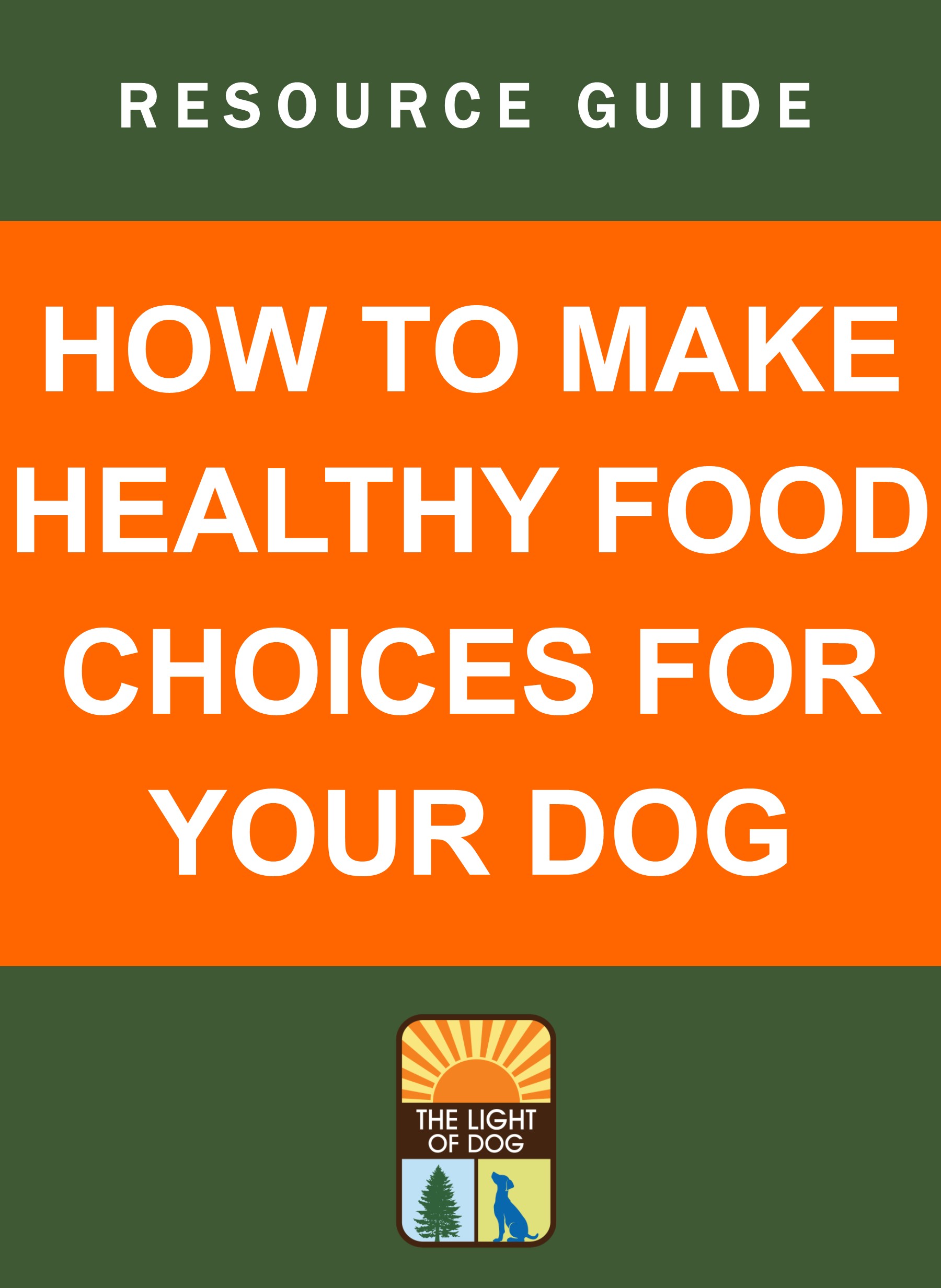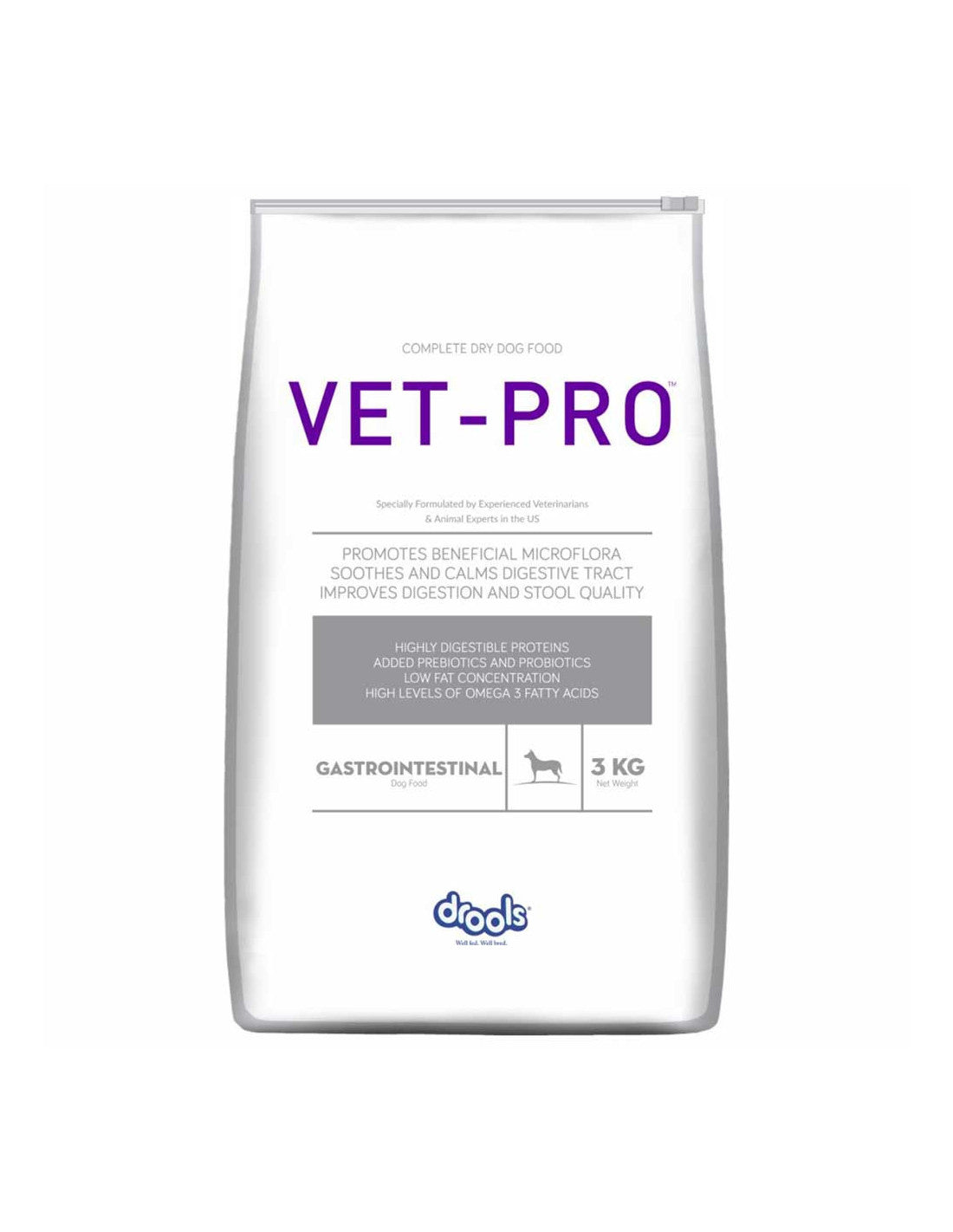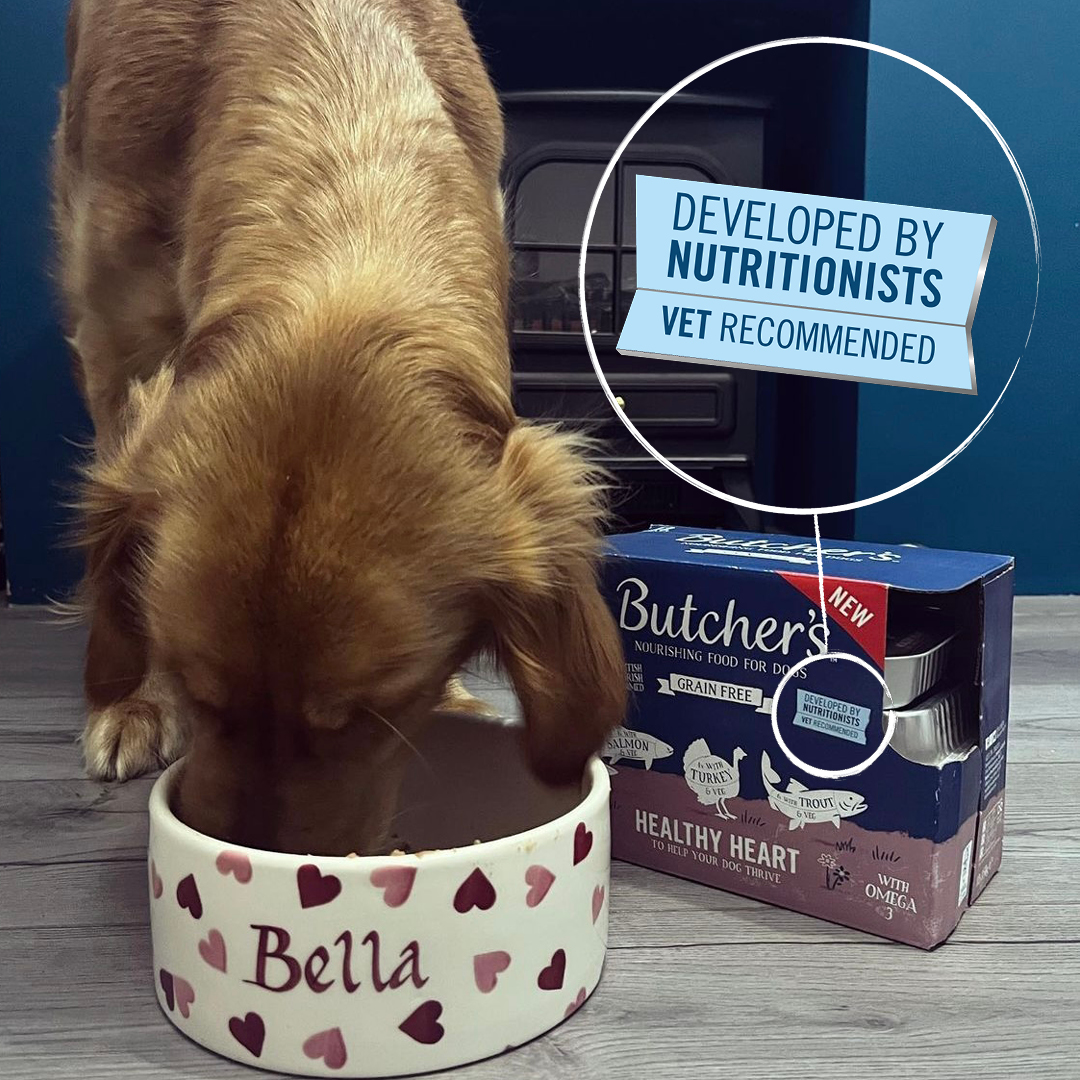Top Vet Suggested Dog Food: A Comprehensive Guide For Your Furry Friend
Choosing the right vet suggested dog food is one of the most important decisions you can make for your pet's overall health and well-being. Proper nutrition plays a critical role in ensuring your dog stays active, healthy, and full of energy. Whether you're a new pet owner or looking to improve your current feeding routine, this guide will provide you with all the necessary information to make an informed decision.
Dogs, like humans, require a balanced diet to thrive. However, with so many options available in the market, it can be overwhelming to select the right food for your furry friend. This is where veterinarian-recommended dog foods come into play, offering scientifically-backed solutions tailored to meet your pet's nutritional needs.
In this article, we'll explore everything you need to know about vet suggested dog food, including essential nutrients, key ingredients, and expert recommendations. By the end of this guide, you'll be equipped with the knowledge to choose the best food for your beloved companion.
Read also:Eve Elba The Rising Star Whorsquos Making Waves In The Entertainment Industry
Table of Contents
- The Importance of Vet Suggested Dog Food
- Essential Nutrients in Dog Food
- Key Ingredients in High-Quality Dog Food
- Top Vet Recommended Dog Food Brands
- Comparing Different Types of Dog Food
- Health Benefits of Vet Suggested Dog Food
- Tips for Selecting the Right Dog Food
- Common Mistakes to Avoid
- Cost Analysis of Vet Suggested Dog Food
- Frequently Asked Questions
The Importance of Vet Suggested Dog Food
When it comes to your dog's diet, quality matters. Vet suggested dog food is specifically formulated to meet the nutritional needs of dogs at various life stages, from puppies to senior dogs. These foods are crafted based on extensive research and testing, ensuring that they provide the right balance of proteins, fats, carbohydrates, vitamins, and minerals.
Why Veterinarians Recommend Specific Dog Foods
Veterinarians recommend certain dog foods because they are designed to address specific health concerns, such as weight management, joint health, and skin allergies. For example, a dog with sensitive skin may benefit from a food rich in omega-3 fatty acids, while an overweight dog may require a low-calorie diet.
How Vet Suggested Dog Food Differs from Regular Dog Food
Regular dog food may not always meet the specific nutritional requirements of certain breeds or health conditions. Vet suggested dog food, on the other hand, is formulated to address these unique needs. It often undergoes rigorous testing and is backed by scientific studies, ensuring its effectiveness and safety.
Essential Nutrients in Dog Food
Understanding the essential nutrients in dog food is crucial for making an informed decision. Dogs require a combination of proteins, fats, carbohydrates, vitamins, and minerals to maintain optimal health.
Key Nutrients for Dogs
- Proteins: Essential for muscle development and repair.
- Fats: Provide energy and support skin and coat health.
- Carbohydrates: Offer energy and fiber for digestion.
- Vitamins and Minerals: Support immune function and overall health.
Key Ingredients in High-Quality Dog Food
High-quality dog food contains ingredients that are not only nutritious but also easily digestible. Here are some key ingredients to look for:
Natural Ingredients
Natural ingredients such as chicken, beef, lamb, and fish provide high-quality protein. Vegetables like carrots, sweet potatoes, and peas are excellent sources of fiber and vitamins.
Read also:Miyagi Amp Hasani Ayo Chilombo A Deeper Look Into The Viral Hit
Avoiding Harmful Additives
It's important to avoid dog foods that contain artificial preservatives, colors, and flavors. These additives can be harmful to your dog's health in the long run.
Top Vet Recommended Dog Food Brands
Several brands are trusted by veterinarians for their commitment to quality and nutrition. Here are some of the top vet recommended dog food brands:
- Hill's Science Diet
- Purina Pro Plan
- Royal Canin
- Blue Buffalo
- Wellness CORE
Each of these brands offers a range of products tailored to specific needs, such as weight management, dental health, and mobility support.
Comparing Different Types of Dog Food
There are several types of dog food available, including dry kibble, wet food, and raw diets. Each type has its own advantages and disadvantages.
Dry Kibble vs. Wet Food
Dry kibble is cost-effective and promotes dental health, while wet food is more palatable and hydrating. Many pet owners opt for a combination of both to provide a balanced diet.
Raw Diets
Raw diets have gained popularity in recent years due to their perceived health benefits. However, they require careful preparation to ensure they meet all nutritional requirements.
Health Benefits of Vet Suggested Dog Food
Feeding your dog vet suggested dog food can lead to numerous health benefits. These foods are designed to improve overall health, enhance energy levels, and prevent common health issues.
Improving Digestive Health
Many vet suggested dog foods include prebiotics and probiotics, which promote healthy digestion and reduce the risk of gastrointestinal problems.
Supporting Joint Health
Dog foods enriched with glucosamine and chondroitin can help maintain joint health, especially in older dogs or those with mobility issues.
Tips for Selecting the Right Dog Food
Selecting the right dog food involves considering your dog's age, breed, size, and any specific health conditions. Here are some tips to help you make the best choice:
- Consult your veterinarian for personalized recommendations.
- Read ingredient labels carefully to ensure high-quality ingredients.
- Consider your dog's dietary preferences and allergies.
Common Mistakes to Avoid
There are several common mistakes pet owners make when choosing dog food. Avoiding these mistakes can help ensure your dog receives the best nutrition possible.
Overfeeding
Overfeeding can lead to obesity, which is a major health concern for dogs. Always follow the feeding guidelines provided on the packaging.
Ignoring Ingredient Quality
Not all dog foods are created equal. Prioritize high-quality ingredients over price when selecting food for your dog.
Cost Analysis of Vet Suggested Dog Food
Vet suggested dog food can vary significantly in price depending on the brand, formulation, and quantity. While premium options may seem expensive, they often provide better value in terms of nutrition and health benefits.
Long-Term Savings
Investing in high-quality dog food can lead to long-term savings by reducing the risk of costly veterinary bills associated with poor nutrition.
Frequently Asked Questions
What is the best vet suggested dog food?
The best vet suggested dog food depends on your dog's specific needs. Brands like Hill's Science Diet, Purina Pro Plan, and Royal Canin are consistently recommended by veterinarians.
How often should I feed my dog?
Feeding frequency depends on your dog's age and size. Adult dogs typically require two meals per day, while puppies may need three or more.
Can I switch my dog's food?
Yes, but it's important to transition gradually over 7-10 days to avoid digestive upset. Mix increasing amounts of the new food with the old food during this period.
Conclusion
In conclusion, vet suggested dog food is an essential component of your dog's overall health and well-being. By understanding the importance of proper nutrition, essential nutrients, and key ingredients, you can make an informed decision when selecting the best food for your furry friend.
We encourage you to share this article with other pet owners and leave a comment below with your thoughts or questions. Additionally, explore our other articles for more valuable information on pet care and nutrition.


